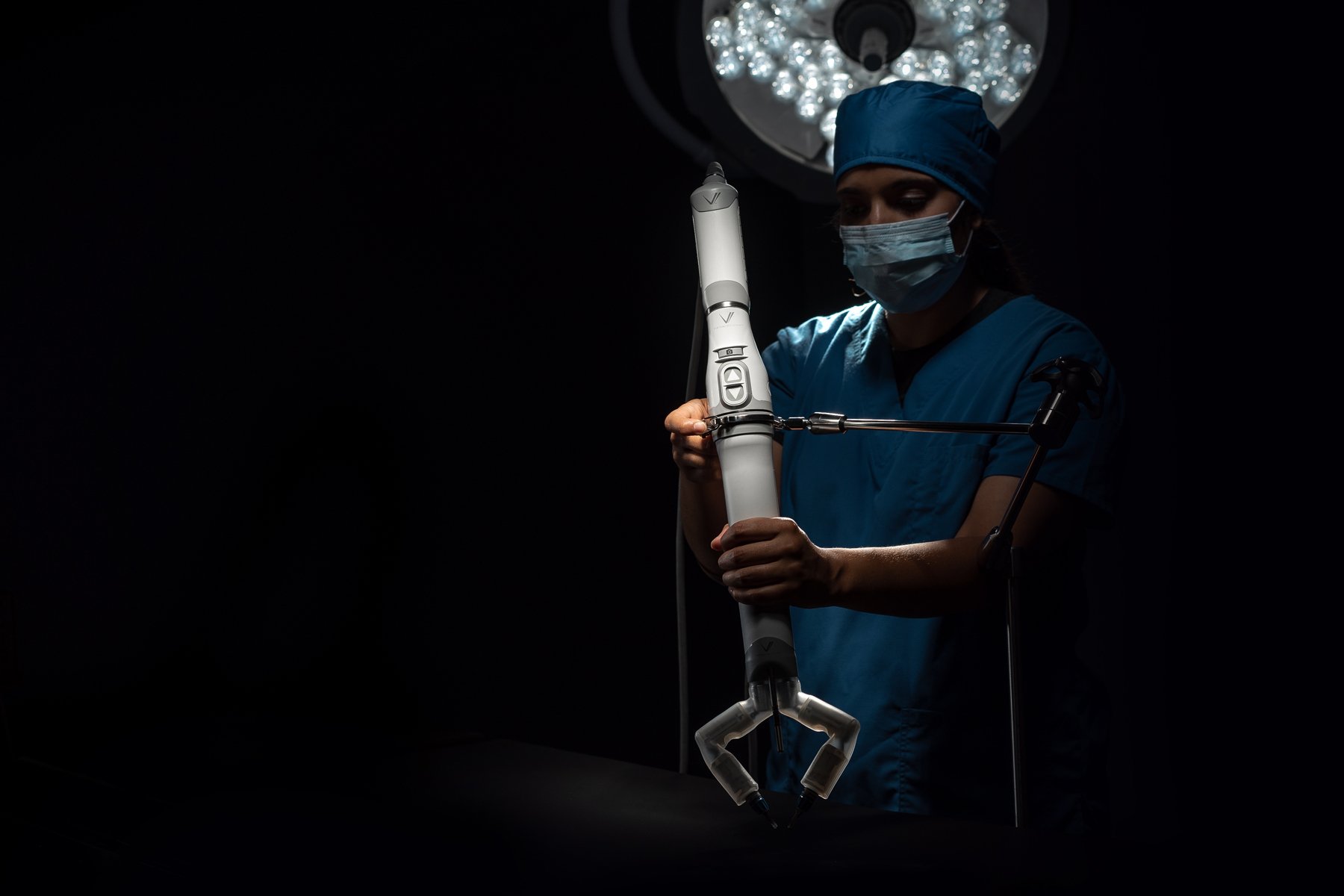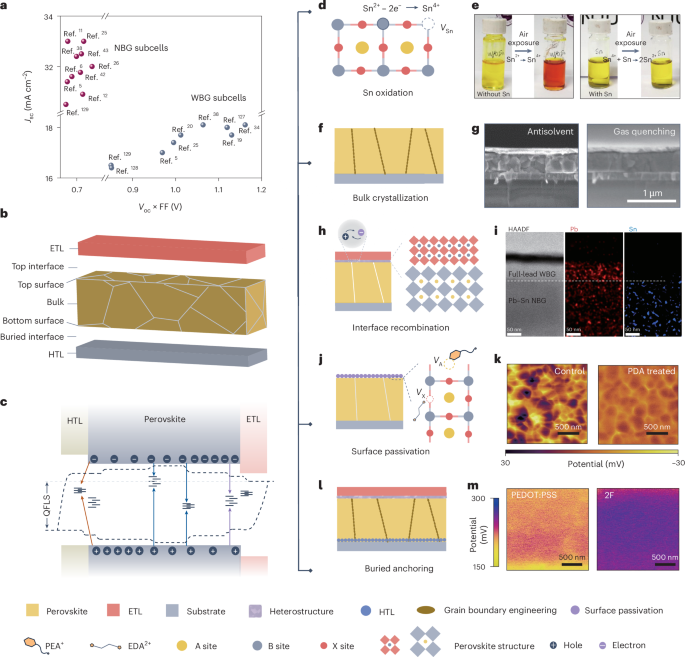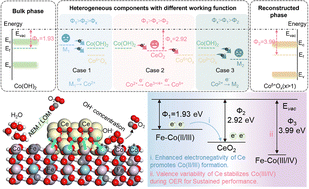Magnetic Drug Delivery System Capable of Remodeling the Tumor Immune Microenvironment for Photothermal Immunotherapy/Chemotherapy
Advanced Healthcare Materials, EarlyView.

Fe3O4-based magnetic nanoplatforms coated with polydopamine enable magnetically targeted co-delivery of doxorubicin and LN5P45. Upon laser irradiation, synchronized drug release and photothermal effect synergistically induce immunogenic cell death. The combination of photothermal immunotherapy/chemotherapy remodels the tumor microenvironment, downregulates PD-L1 expression, and promotes CTL infiltration, thereby converting “cold” tumors into “hot” and amplifying systemic antitumor immunity.
Abstract
Innovative therapeutic strategies are urgently needed to address the challenges posed by the limited efficacy of monotherapies and the ineffective immune response of “cold” tumors. To address this, a multifunctional magnetic drug delivery system (MDDS) is designed utilizing polydopamine-coated Fe3O4 magnetic nanoparticles. This system is capable of loading the chemotherapeutic drug doxorubicin (DOX) and the OTU deubiquitinating enzyme 2 inhibitor LN5P45 through a sophisticated design. The MDDS not only enables targeted drug delivery using magnetic forces but also promotes tumor destruction and enhances the immunogenic cell death effect by leveraging photothermal properties when exposed to laser irradiation. Furthermore, it triggers a robust anti-tumor immune response by disrupting the endoplasmic reticulum protein degradation pathway, which specifically reduces programmed death-ligand 1 expression on the surfaces of tumor cells in combination with LN5P45. Experimental results demonstrated that this MDDS-mediated photothermal immunotherapy/chemotherapy can simultaneously activate both innate and adaptive immunity, enhance the infiltration of cytotoxic T-lymphocytes in both primary and distal tumors, and remodel the tumor immune microenvironment. This study presents a multifunctional MDDS that offers a novel approach to optimizing tumor immunotherapy and showcases significant potential for clinical application.













































































































































